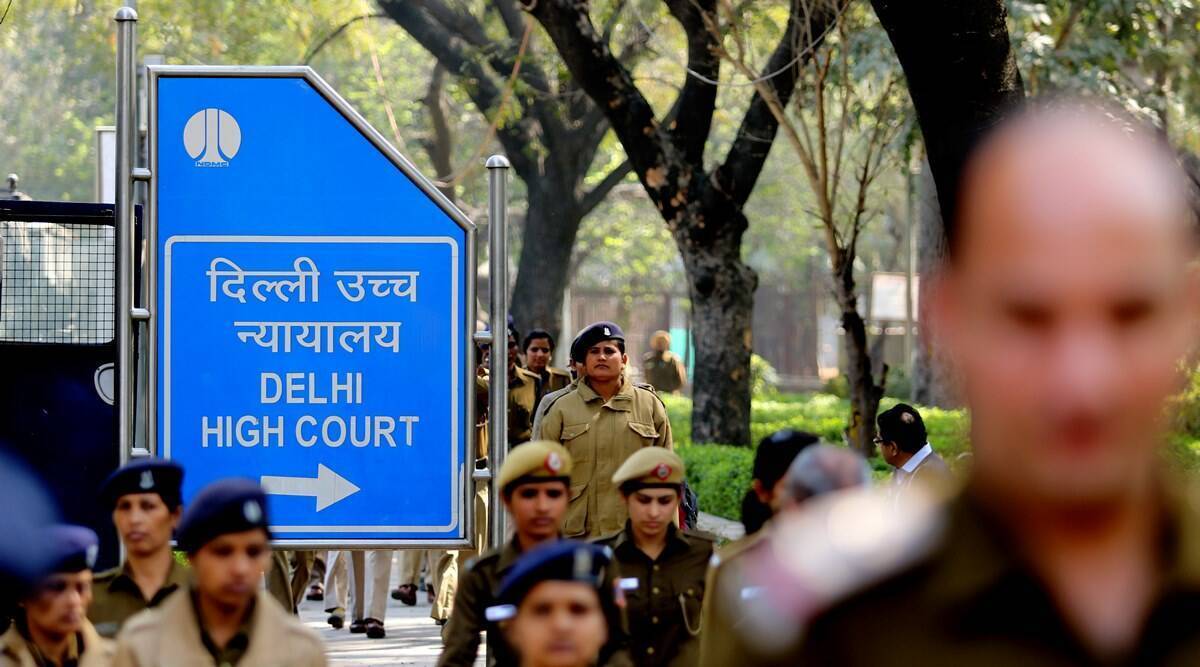A foreigner can’t claim that they have the right to be a guardian for a disabled person: HC

The Delhi High Court recently ruled that a foreigner can’t say that they have a “vested right” to be the legal guardian of a disabled person or that they are entitled to the same protections under Part III of the Indian Constitution as Indian citizens.
The comments were made on February 13 by Chief Justice Satish Chandra Sharma and Justice Yashwant Varma. They were listening to the case of a man whose adopted son has severe mental retardation and was asking for help. The father had questioned the legality of the National Trust for Welfare of Persons with Autism, Cerebral Palsy, Mental Retardation and Multiple Disabilities Rules, 2001 and the Board of the Trust Regulations, 2012, which say that only an Indian citizen can be appointed as a guardian.
The father said that Rule 17 and Regulation 12 go “beyond the powers” of the National Trust for the Welfare of Persons with Autism, Cerebral Palsy, Mental Retardation, and Multiple Disabilities Act, 1993 (National Trust Act), which is the parent law. People said that if the parent act doesn’t stop a non-citizen from applying to be a guardian for a disabled person, then the rules and regulations, which are delegation laws in this case, can’t do it either.
The father and his adopted son are both citizens of the United States. They moved to India after the man’s marriage to his wife ended and they got a divorce. The father said that he was given legal custody of his son and that he has been taking care of him since he was adopted. Both the father and the son moved to India in 2009, and they both have cards that say they are Overseas Citizens of India. The father wanted to be named his son’s guardian under the National Trust Act. He said that his application for guardianship was denied because “citizenship is an essential qualification,” which is written in the rules and regulations.
The High Court ruled that the National Trust Act gives people with different abilities a basic structure, which includes appointing a guardian. “As for other details, it leaves it up to Rules and Regulations that may be made,” the HC said.
The Court pointed out that the Act doesn’t even try to list the most important qualities a guardian must have. The High Court said that neither the Rules nor the Regulations “went beyond the scope of the authority” given by the Act and that the Centre and the Board of the National Trust had the right to say what a guardian should be able to do.
The court decided that the father does not have a “vested right” to be his son’s guardian because he is an American citizen. “Such a right, if it existed, would have to come from a provision that allows a foreigner to claim a right to be appointed as a guardian without being limited by any valid statutory restrictions,” the HC said. It was also pointed out that, since the father is an American citizen, he can’t use Part III of the Indian Constitution to protect his basic rights, which Indian citizens can do.
“There is no question that the petitioner, as an American citizen, can’t claim the same protection of Part III rights as a citizen. “This is because Part III of the Constitution only gives him limited rights,” the HC said.
At the same time, HC told the Local Level Committee to look into and judge the man’s son’s situation and environment. It also said that the Committee could make suggestions about what else could be done to help the boy. It also said that if a father wants an Indian citizen to be his son’s legal guardian, the committee will think about it and look into it. The HC said that the adopted son’s welfare and upbringing will be taken care of by the statutory guardian and the father together.
The HC, however, made it clear that these directions “shall not be interpreted as authorising the removal of the son from the custody of his natural guardian, the father, unless the Local Level Committee finds that circumstances warrant otherwise.”
The HC then told the Local Level Committee to do an inspection quickly and, once a legal guardian was chosen, to file a full report within two months.



